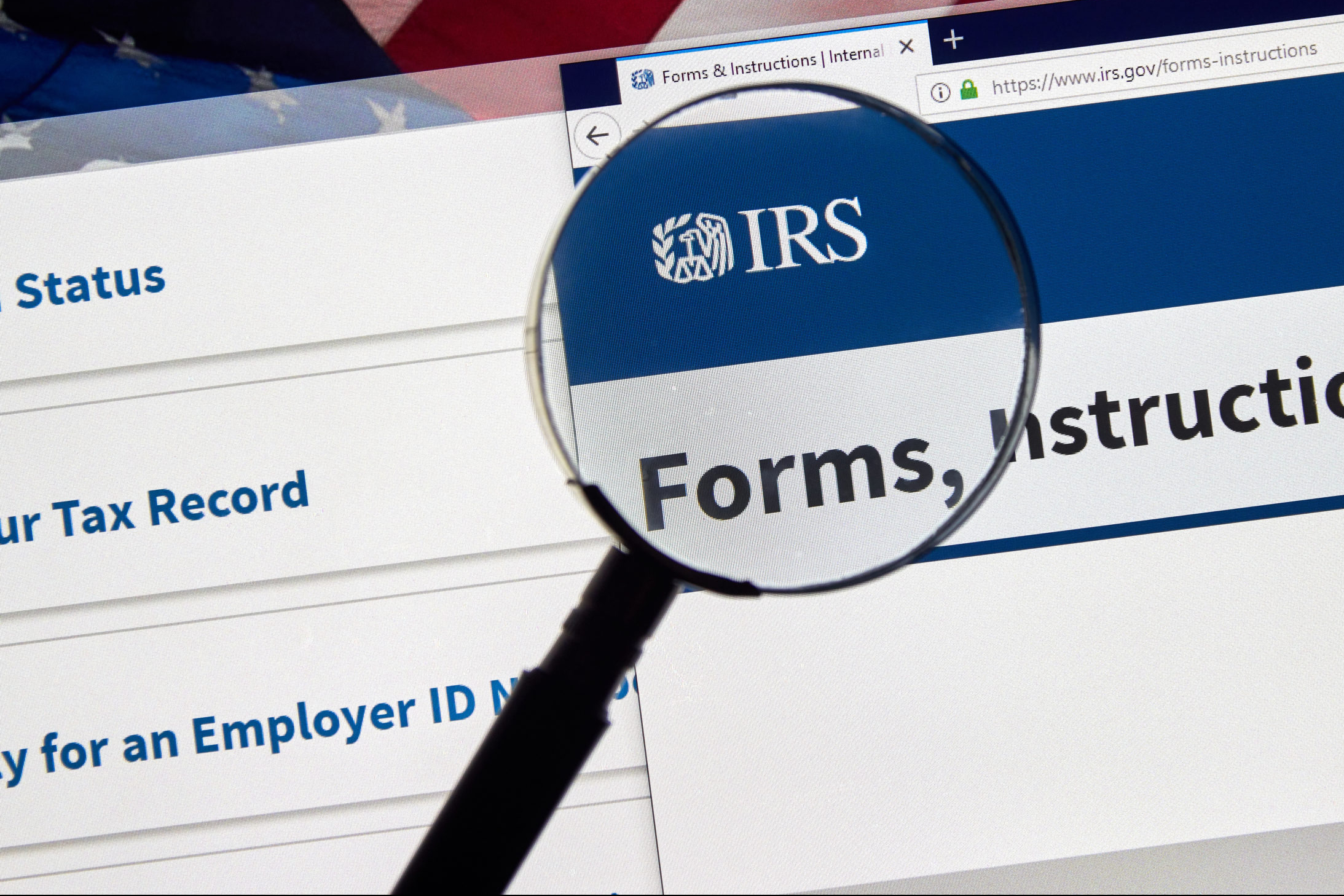
The Internal Revenue Service (IRS) has a page for Applying for Tax Exempt Status that addresses and has links to applications for 501(c)(3), 501(c)(4), and other exempt organizations.
Types of Application Forms
- Applicants for recognition of exemption under Section 501(c)(3) of the Internal Revenue Code (IRC) file either Form 1023 or Form 1023-EZ. Either of these forms must be filed online using a pay.gov account.
- Applicants for recognition of exemption under IRC Section 501(c)(4) file Form 1024-A and Form 8976. Form 1024-A must be filed online using a pay.gov account; Form 8976 must be filed electronically through the IRS Electronic Notice Registration System.
- Applicants for recognition of exemption under other subsections of IRC Section 501 (including 501(c)(6)) file Form 1024.
Statistics for IRS FY 2020 (based on the IRS Data Book, 2020)
- 95,864 applications for tax-exempt status closed
- 85,499 applications approved (89.2 percent), including:
- 79,730 – 501(c)(3) organizations
- 1,435 – 501(c)(4) organizations
- 1,282 – 501(c)(6) organizations
- 94 applications denied (0.1 percent)
- Other closed applications (10.7 percent) Include applications withdrawn by organizations, applications that did not include the required information, incomplete applications, IRS correction disposals, and others
Expedited Applications
Exemption applications are generally processed in the order received by the IRS. However, the IRS offers, at its discretion, expedited processing, which may be granted if there is a compelling reason like:
- A pending grant, where failure to secure the grant will have an adverse impact on the organization’s ability to continue operating
- A newly created organization providing disaster relief to victims of emergencies
- IRS errors have caused undue delays in issuing a determination letter
See Applying for Exemption: Expediting Application Processing.
Power of Attorney
If an applicant wants to be represented by a third party for communications with the IRS regarding the application, the appicant must file Form 2848, Power of Attorney and Declaration of Representative. The individual authorized must be a person eligible to practice before the IRS.
See About Form 2848, Power of Attorney and Declaration of Representative; Power of Attorney.
Communications with the IRS
The IRS internal memorandum – Interim Guidance on Updated Procedures Relating to Direct Contact – provides, in part, the following instructions to its agents:
- Discuss issues or items in the application only with officers or other authorized organization officials or individuals designated on a valid Form 2848 or other valid power of attorney.
- You can discuss issues or items in the application with the primary contact listed in the determination request (for example, page 1 of Form 1023 or Form 1024) even if the contact person isn’t an officer, trustee, or other authorized representative. However, don’t use information from that individual to make a determination.
- Secure Form 2848 for a contact person (if not listed as an officer or other authorized organizational official) on a potentially adverse case or request to speak with an officer or board member of the organization.
- If an organization does not submit a Form 2848 with its application for recognition of tax- exempt status or during case processing, contact the primary contact person listed on the application to discuss issues or items in the application, to follow-up on Letters 1312 requesting additional information, and to otherwise discuss determinations such as for a potentially adverse case (i.e., for all telephone inquiries) as currently described in IRM 7.20.1.6.
- If an organization submits a valid Form 2848 with its application for recognition of tax-exempt status or during case processing, specialists will contact an authorized representative listed on the Form 2848 to discuss issues or items in the application, to follow-up on Letters 1312 requesting additional information, and to otherwise discuss determinations such as for a potentially adverse case (i.e., for all telephone inquiries), except as listed below. In the situations below, a specialist should contact the primary contact person listed on the application as currently described in IRM 7.20.1.6.
- Specialist cannot make contact with the authorized representative on Form 2848 within five 5 business days of the initial attempt to contact the authorized representative. The specialist should confirm the authorized representative, the authorized representative’s contact information and preferences for future communications.
- If the organization’s primary contact, board member, officer, or other authorized person contacts the specialist directly, the specialist will discuss the application with that individual and confirm preferences for future communications.
- If Form 2848 is invalid, a copy should be returned to the organization if an additional information request is sent, explaining why the form is invalid. If no additional information is needed, a determination letter is prepared and sent to the organization. An additional information letter or determination letter is not sent to the person(s) designated on an invalid Form 2848.